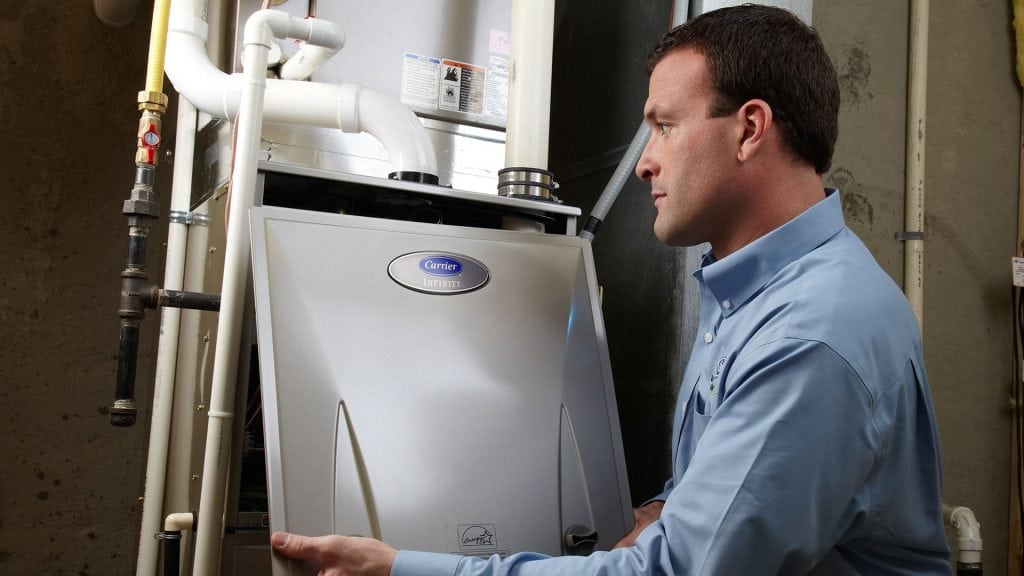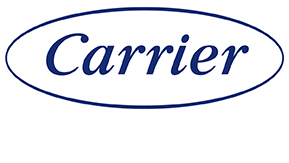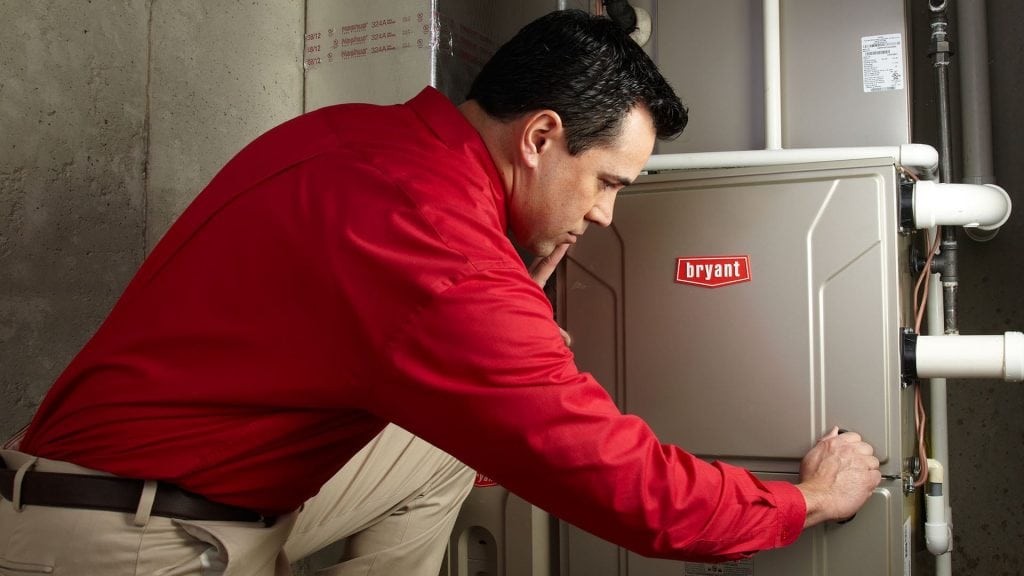Improving Your Indoor Air Quality for Better Health

Improving Your Indoor Air Quality for Better Health
Many homeowners in the southeastern United States are shocked to learn that the indoor air is up to five times more polluted than the outdoor air. The Environmental Protection Agency (EPA) explains that most people spend 90% of their time indoors, and indoor air pollution can be a bigger contributor to respiratory problems than outdoor air. Fortunately, you can improve the indoor air quality in your home by following these tips.
Upgrade Air Filters
Air filters trap particles from your home's air. They're located in the air handling unit of your heating and cooling system. Look for a filter with a minimum efficiency reported value (MERV) rating that is recommended by the manufacturer of your specific HVAC system. HVAC filters trap a wide array of particles, including dander, pollen, spores, bacteria, dust and smoke.
Install a UV Light
A UV light uses UV-C energy to sanitize your home's air. They fit into the indoor unit of your heating and cooling system, close to the evaporator coils. The 250-nanometer wavelength breaks apart proteins, cell walls and membranes. This leads to inactivation or destruction of germs and allergens. UV lights effectively eliminate bacteria, viruses and allergens from your home's air. Once these particles are broken down into harmless pieces, your air filter traps them. Installing one of these lights could lower your risk of getting sick or suffering from allergy or asthma symptoms.
Add More Ventilation
The EPA also recommends bringing more fresh air into your home. One way to do this is through passive ventilation, such as opening windows or installing vents or fans in your roof. However, this could allow more pollen into your house. Energy recovery ventilators, heat recovery ventilators and whole-home fans are active ventilation systems that filter the outdoor air and remove polluted indoor air.
For more information about the importance of maintaining good indoor air quality, take a look at AC Southeast's indoor air quality services, and then call one of our HVAC contractors in your area to schedule an appointment.



